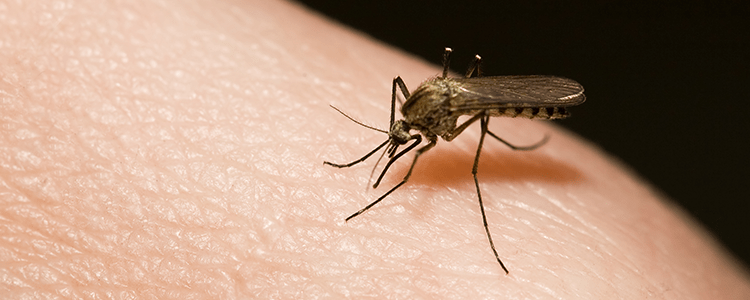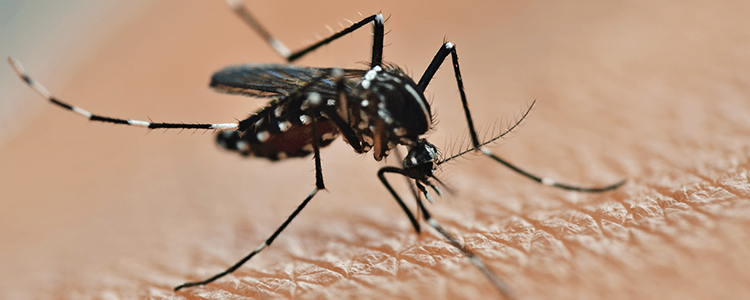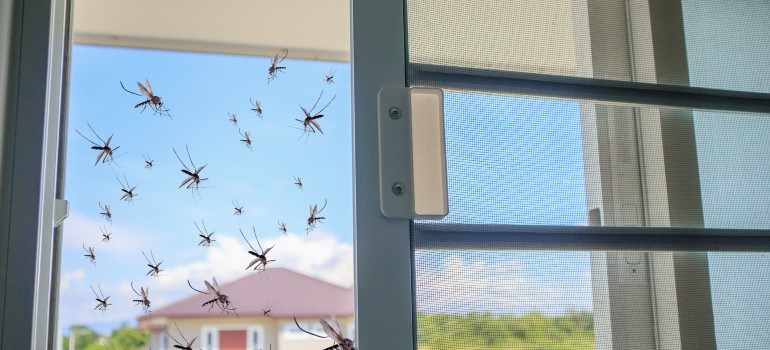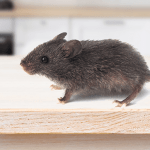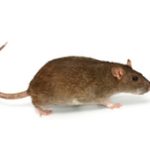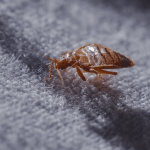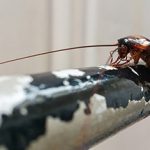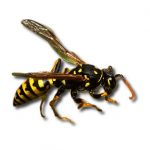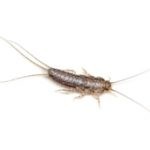Mosquitoes UK
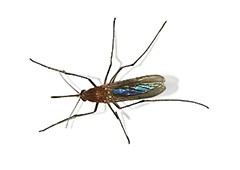 UK mosquitoes are becoming an increasing nuisance, especially during summer. As climate conditions change and global travel increases, mosquito populations in Britain have increased. Both homeowners and outdoor enthusiasts need to understand mosquitoes bite risks and prevention methods.
UK mosquitoes are becoming an increasing nuisance, especially during summer. As climate conditions change and global travel increases, mosquito populations in Britain have increased. Both homeowners and outdoor enthusiasts need to understand mosquitoes bite risks and prevention methods.
Appearance and Identification
What does a mosquito look like? UK mosquitoes are small, flying insects with slender bodies and long legs. Their key characteristics include:
- Adult mosquitoes size: Typically between 3-6 mm in length.
- Colour: Varies from light brown to dark grey, sometimes with striped patterns.
- Wings: Transparent and veined, producing a distinct buzzing sound in flight.
- Proboscis: A long, tube-like mouthpart used for feeding on blood (females) or nectar (males).
- Antennae: Males have feathery antennae, while females have smoother ones.
Mosquitoes are in the same group as common house flies – Diptera. As such, they have a single pair of wings, a narrow, oval body, long thin legs and a head with a prominent proboscis. Their average lifespan in the wild is somewhere between 2 weeks to 6 months.
When is mosquito season in the UK?
Mosquitoes are best known as summer pests. Most commonly found in hot, humid environments, but can thrive in all sorts of climates. They breed in moist soil or stagnant water sources such as ponds, floodwaters, drainage ditches, and man-made containers.
A mosquito can develop from an egg to an adult in a matter of 10 to 14 days. Mosquito activity in the UK peaks between May and September, when temperatures are warmer and humidity levels rise. However, with climate change causing milder winters, some mosquitoes may survive year-round indoors.
What do mosquitoes eat?
Mosquitoes in the UK have different dietary habits depending on their gender. Male mosquitoes feed exclusively on nectar and plant juices for energy. Female mosquitoes also consume nectar but require blood meals to develop their eggs. Preferred hosts for blood meals include humans, birds, and mammals.
People believe that mosquitoes bite us to feed, that is a misconception. Mosquitoes do not bite, they feed on plant nectar. Mosquitoes elude daylight and come out during cloudy days and lurk in dark shady areas. They are more active from dusk till dawn, because they may desiccate and die from the sunshine.
Do mosquitoes in the UK carry diseases?
Although the risk of mosquito-borne diseases in the UK is low, mosquitoes still pose several health concerns. Mosquito bites can cause redness, swelling, and discomfort. While rare, imported cases of malaria, West Nile virus, and dengue fever raise concerns as mosquitoes adapt to UK climates. Bites can still lead to allergic reactions, swelling, and secondary infections if scratched excessively.
What is the lifespan of a mosquito in your house?
Once inside your home, mosquitoes can survive for up to 4 weeks, depending on environmental conditions. Their lifespan of UK mosquitoes varies based on species and access to food:
- Female mosquitoes (which bite) live up to 30 days if they have access to blood meals.
- Male mosquitoes (which do not bite) typically live 5-7 days.
- Indoor mosquitoes can survive longer due to the absence of natural predators and a stable temperature.
Midge vs mosquito UK
Before you try any mosquito traps and solutions make sure the insects are actually mosquitoes. Many other insects have the same appearance as them and you can easily mix them up. For instance, the Crane Fly looks almost identical, however, mosquitoes have a distinctive buzzing sound that no other insect can replicate.
While midges and mosquitoes are both small, flying insects that bite, there are significant differences between them. Midges are smaller (1-3 mm) compared to mosquitoes (3-6 mm). Mosquitoes have long legs and a proboscis for feeding, whereas midges have a more compact body and lack a long feeding tube. Also, midges breed in moist soil and damp vegetation, whereas mosquitoes prefer stagnant water sources.
What kills mosquitoes instantly?
If mosquitoes have invaded your home or garden, using the right extermination methods is essential:
- Mosquito sprays and insecticides – Fast-acting mosquito killer sprays eliminate mosquitoes on contact.
- Electric mosquito zappers – These attract and instantly kill mosquitoes using UV light and electric grids.
- Mosquito fogging treatments – Professional pest control companies in the UK offer mosquito fogging services to treat infested areas.
- Home remedies – A mix of vinegar and dish soap or an alcohol spray can kill mosquitoes instantly upon contact.
What repels mosquitoes?
Preventing mosquito bites is just as important as eliminating them. The best mosquitoes repellents include:
- Mosquito repellent sprays – Look for those containing DEET, picaridin, or lemon eucalyptus oil for long-lasting protection.
- Mosquito nets and screens – Installing mosquito nets over beds and window screens helps keep them out of your home.
- Citronella candles and essential oils – Natural deterrents like citronella, lavender, and tea tree oil help repel UK mosquitoes.
- Mosquito-repelling plants – Lavender, rosemary, and marigolds can naturally deter mosquitoes in your garden.
- Clothing and barriers – Wearing long sleeves, light-coloured clothing, and using mosquito-proof tents while camping reduces bites.
How to get rid of mosquitoes in your UK home
People invest more trust in shop-bought repellents to safeguard them from mosquito infestations. Nonetheless, a great number of these products include chemicals, which can harm us and some have been linked to memory loss, headache, weakness, fatigue etc. Not to mention the effects these repellents can have on pets and children.
To prevent mosquito infestations in your house and garden:
- Eliminate standing water – Regularly empty buckets, plant trays, and blocked drains.
- Use mosquito traps – Place electric mosquito zappers or sticky traps in high-risk areas.
- Seal entry points – Install window screens and seal gaps around doors and vents.
- Run fans indoors – Mosquitoes struggle to fly in strong air currents, so using ceiling or oscillating fans helps deter them.
There are so many natural alternatives for fighting off mosquito attacks, instead of using toxic pesticides. Numerous plants have mosquito repellent properties – for example, Lavender, Mint, Basil, Rosemary, Lemon Balm. There are about 24 Plants That Repel Insects. Plant these around your property or keep them around and won’t have to install any bug nets on your windows.
Final thoughts
The number of mosquitoes in the UK is on the rise, especially during the summer. The risk of bites and infestations can be reduced by understanding their behavior, eliminating breeding grounds, and using effective repellents. Take proactive measures to avoid these pests whether you’re at home, camping, or gardening.
To effectively protect your home and outdoor spaces, consider professional mosquito control services in the UK.
Keep in mind that we only aim to provide facts about mosquitoes in general. We don’t provide any medical care advice.



